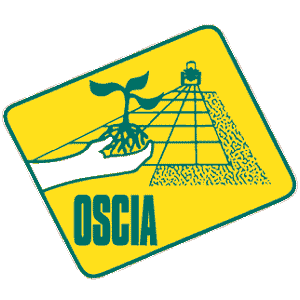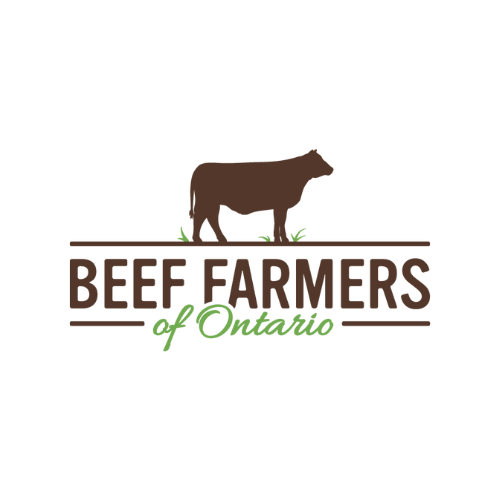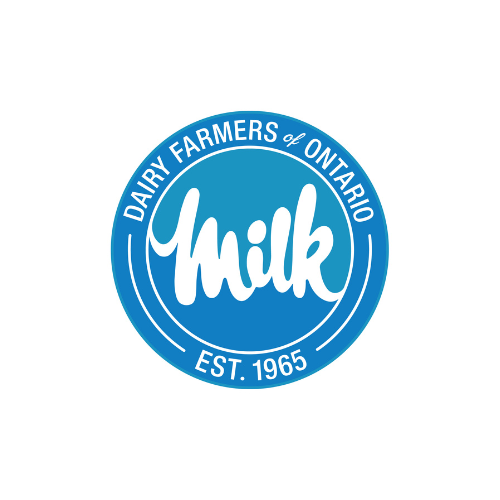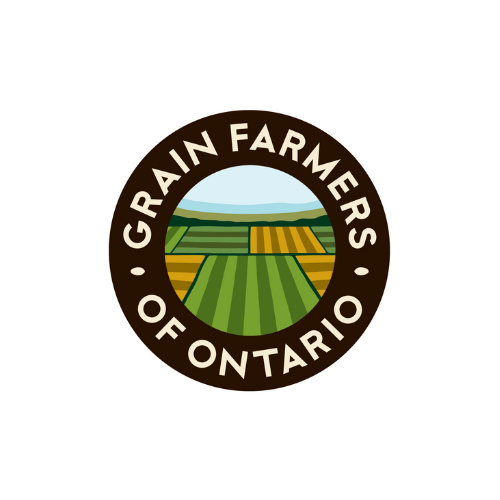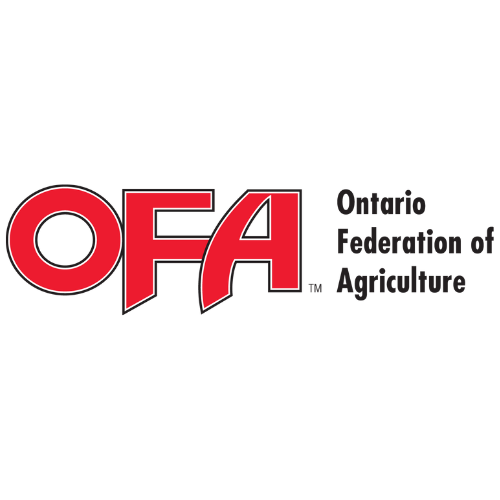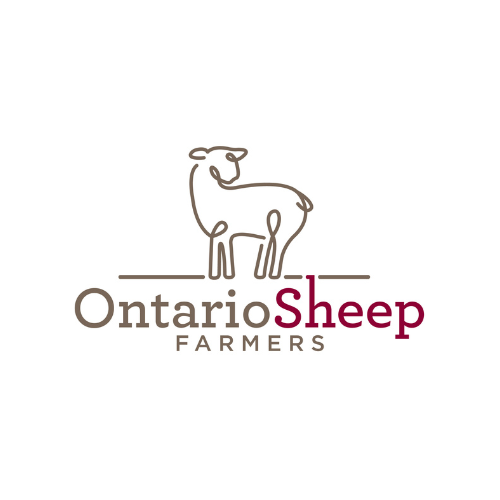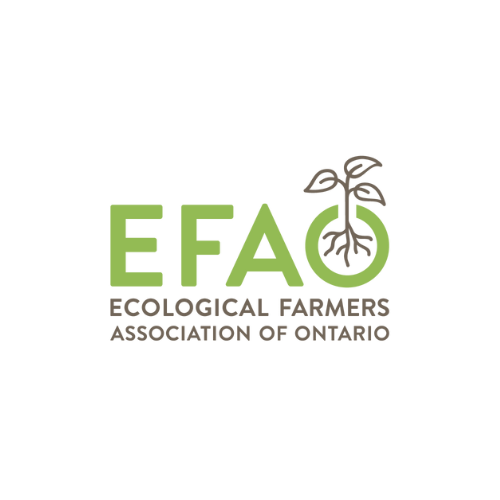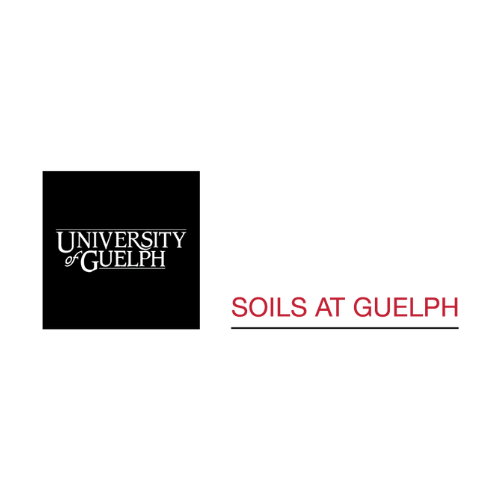- About Us
- Cost-Share Programs
- Farmland Health Check-Up
- Nature Smart Climate Readiness Program
- Ontario On-Farm Climate Action Fund (OFCAF)
- Species at Risk Farm Incentive Program (SARFIP)
- Species at Risk Partnership on Agricultural Lands (SARPAL)
- Sustainable Canadian Agricultural Partnership
- Cost-Share Claim Information
- Subscribe to Our Programs Mailing List
- Workshops and Events
- Membership Information
- Awards and Recognition
- Research and Resources
- Crop Advances
- Living Lab – Ontario
- OMAFRA AgriSuite Calculator Apps
- On-Farm Applied Research and Monitoring (ONFARM) Program
- Ontario Forage Masters Self-Assessment Package
- Ontario Soils Calculator
- OSCIA Applied Research Summary of Current and Past Projects
- Retrospective analysis of Best Management Practice implementation
- Soil Health Resources
- Become a Member
- Member Login
- Menu
- About Us
- Cost-Share Programs
- Cost-Share Programs
- Farmland Health Check-Up
- Nature Smart Climate Readiness Program
- Ontario On-Farm Climate Action Fund
- Knowledge Sharing Event (KSE)
- Species at Risk Farm Incentive Program
- Species at Risk Partnership on Agricultural Lands
- Sustainable Canadian Agricultural Partnership
- Cost-Share Claim Information
- Subscribe to Our Programs Mailing List
- Workshops and Events
- Membership Information
- Awards and Recognition
- Research And Resources
- Research & Resources
- Crop Advances
- Living Lab – Ontario
- OMAFRA AgriSuite Calculator Apps
- On-Farm Applied Research and Monitoring (ONFARM) Program
- Ontario Forage Masters Self-Assessment Package
- Ontario Soils Calculator
- OSCIA Applied Research Summary of Current and Past Projects
- Retrospective analysis of Best Management Practice implementation
- Soil Health Resources
- Search
- Careers
- Contact
- English
- Français
Living Lab - Ontario
Farmers, researchers and industry working together to develop, test and evaluate climate-smart beneficial management practices.
About Living Lab - Ontario
Living Lab – Ontario is a five-year innovation project that brings together farmers, organizations, researchers, and other experts to co-develop, test, and evaluate beneficial management practices (BMPs) that address climate change challenges in livestock and cropping systems.
Living Lab – Ontario is one of 14 living labs across Canada that are part of Agriculture and Agri-Food Canada’s Agricultural Climate Solutions (ACS) – Living Labs program. The project builds on the success of the previous living lab project in Ontario (2019-2023) but with a focus on identifying, developing, evaluating and adopting BMPs that address climate challenges and solutions in livestock and crop production systems, including reducing greenhouse gas emissions and increasing carbon sequestration on farms.
For information about the previous Living Lab in Ontario, click here.
Living Lab – Ontario is currently refining project priorities and selecting farm sites to begin work in 2024.
The BMPs to be tested in this project include:
Increasing soil organic carbon
These projects will monitor soil organic carbon changes resulting from the development and adoption of BMPs, such as perennial cover and woody biomass soil amendments, on cropland and pasture over time.
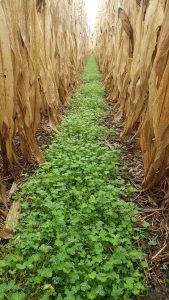
Nitrogen efficiency and use
This study examines and develops various 4R nutrient management strategies, including inhibitors and incorporation techniques, through agronomic field trials and GHG measurements. The goal is to enhance nitrogen use efficiency while mitigating the environmental impact of corn production in Ontario.
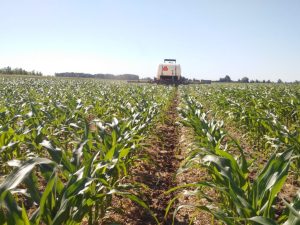
Cover cropping grazing
This project compares grazed and ungrazed cover crops within a typical cash crop rotation in Ontario to assess the agronomic and environmental benefits of livestock grazing and to develop BMPs. It specifically focuses on enhancing soil health, reducing input requirements, and increasing productivity for the subsequent corn crop.
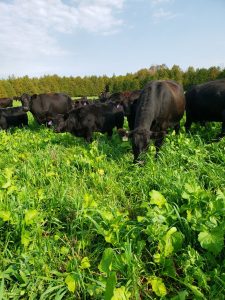
Manure storage management
This study will develop and test practical strategies to reduce methane emissions from liquid manure storages in real-world conditions, including additives and other management practices.
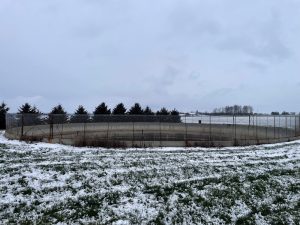
Field edge practices
This project aims to investigate how effectively restoring low-profit, marginal land – such as field margins – fosters pollinators and beneficial insect communities, while enhancing carbon sequestration and reducing emissions on farms.
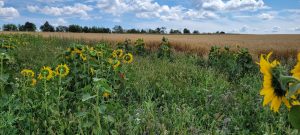
Decision support tools
This study will evaluate farm-level financial and economic net benefits of BMP adoption in Ontario and consider variations across temporal and spatial scales. It will also explore approaches to sharing this information with farmers to support decision making.
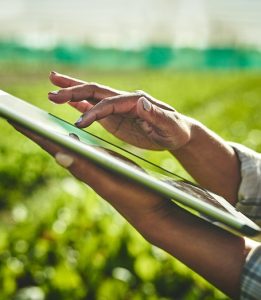
Are we missing a piece of OSCIA history?
Let us know!
Stay up-to-date!
Join the OSCIA Research and Knowledge Transfer mailing list for updates on Living Lab – Ontario activities, events, results and more!
Do you have questions about Living Lab – Ontario?
livinglab@ontariosoilcrop.org
Collaborators
Funding Statement
Funding for the project has been provided by Agriculture and Agri-Food Canada under the Agricultural Climate Solutions – Living Labs program, and core partners.

You May Also Be
Interested In...
Membership Information
Founded in 1939, is a unique not-for-profit farm organization. Our dedicated membership has significant representation in all commodity groups across the province.
Cost-share Programs
Founded in 1939, is a unique not-for-profit farm organization. Our dedicated membership has significant representation in all commodity groups across the province.
Membership Information
Founded in 1939, is a unique not-for-profit farm organization. Our dedicated membership has significant representation in all commodity groups across the province.
Cost-share Programs
Founded in 1939, is a unique not-for-profit farm organization. Our dedicated membership has significant representation in all commodity groups across the province.
Membership Information
Founded in 1939, is a unique not-for-profit farm organization. Our dedicated membership has significant representation in all commodity groups across the province.
Cost-share Programs
Founded in 1939, is a unique not-for-profit farm organization. Our dedicated membership has significant representation in all commodity groups across the province.
